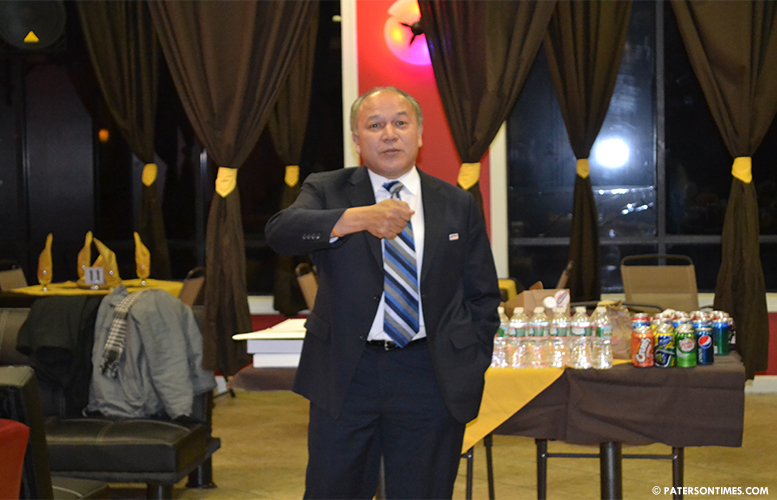Eight months after receiving a campaign contribution from a Fairfield-based law firm, mayor Jose “Joey” Torres gave the company a $100,000 contract, according city records and campaign finance filings.
The city awarded the $100,000 contract to Dwyer, Connell, and Lisbona on March 10th, 2015 to handle federal and state cases for the municipality.
Torres received a $350 contribution from Albert Lisbona on July 7th, 2014, according to campaign finance reports submitted to the New Jersey Election Law Enforcement Commission (ELEC). His campaign refunded $50 of that money on December 17th, 2014, according to records.
Torres appears to have refunded the $50 to stay within the $300 pay-to-play threshold set in the ordinance.
The city’s pay-to-play law prohibits the municipality from awarding professional services contracts to companies that have made reportable — in excess of $300 — campaign contributions to local politicians within a one-year period, according to the ordinance.
Torres previously received a $500 contribution from Lisbona on July 29th, 2013, according to his campaign filings.
City law director Domenick Stampone has said the law firm submitted business entity disclosure certification as is required under the pay-to-play ordinance.
Lisbona, partner at the law firm, submitted a certification dated November 6th, 2014, according to city records. The certification lists two campaign contributions: one $350 contribution dated June 26th, 2014 and another $200 donation dated December 13th, 2013.
On December 15th, 2014, Lisbona submitted another business entity disclosure certification, which noted $50 of the $350 contribution made to Torres within the calendar year, was refunded.
The city’s pay-to-play ordinance requires the administration obtain and provide the city council with sworn statement from the business entity that it did not make a contribution in violation of the local law. The law director said a paragraph in the resolution awarding contracts serves that purpose.
Council president William McKoy thought the contribution was paltry and would not likely sway a contract in the donor’s favor. The council president said in the past companies would make significant sums in contributions to secure government contracts.
Andre Sayegh, 6th Ward councilman, who sponsored the pay-to-play ordinance which was enacted in 2011, struck a similar note.
“Everyone has to adhere to the spirit of the law,” said Sayegh.
The ordinance was enacted to preserve or improve trust in city government. “Large political contributions from those seeking or performing contracts with a municipality raises reasonable concerns on the part of taxpayers and residents as to their trust in government and its business practice,” reads the ordinance. “In the interest of good government, the people and the government of the City of Paterson desire to establish a policy that will avoid the perception of improper influence in public contracting and local elections.”
A violation of the pay-to-play ordinance is considered a breach of contract, according to the local pay-to-play law. A violation could bar a company from receiving city contracts for a four-year period, according to the ordinance.
Torres did not return calls seeking his comments for this story.



